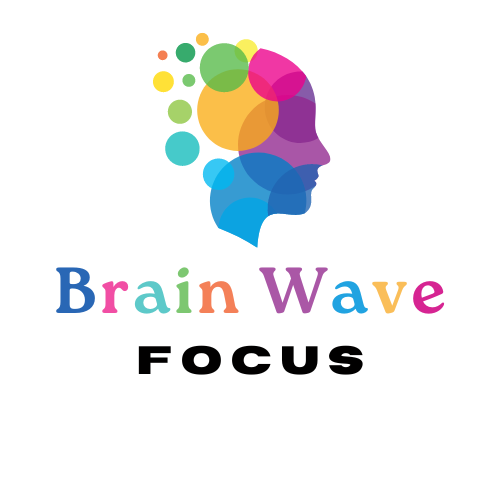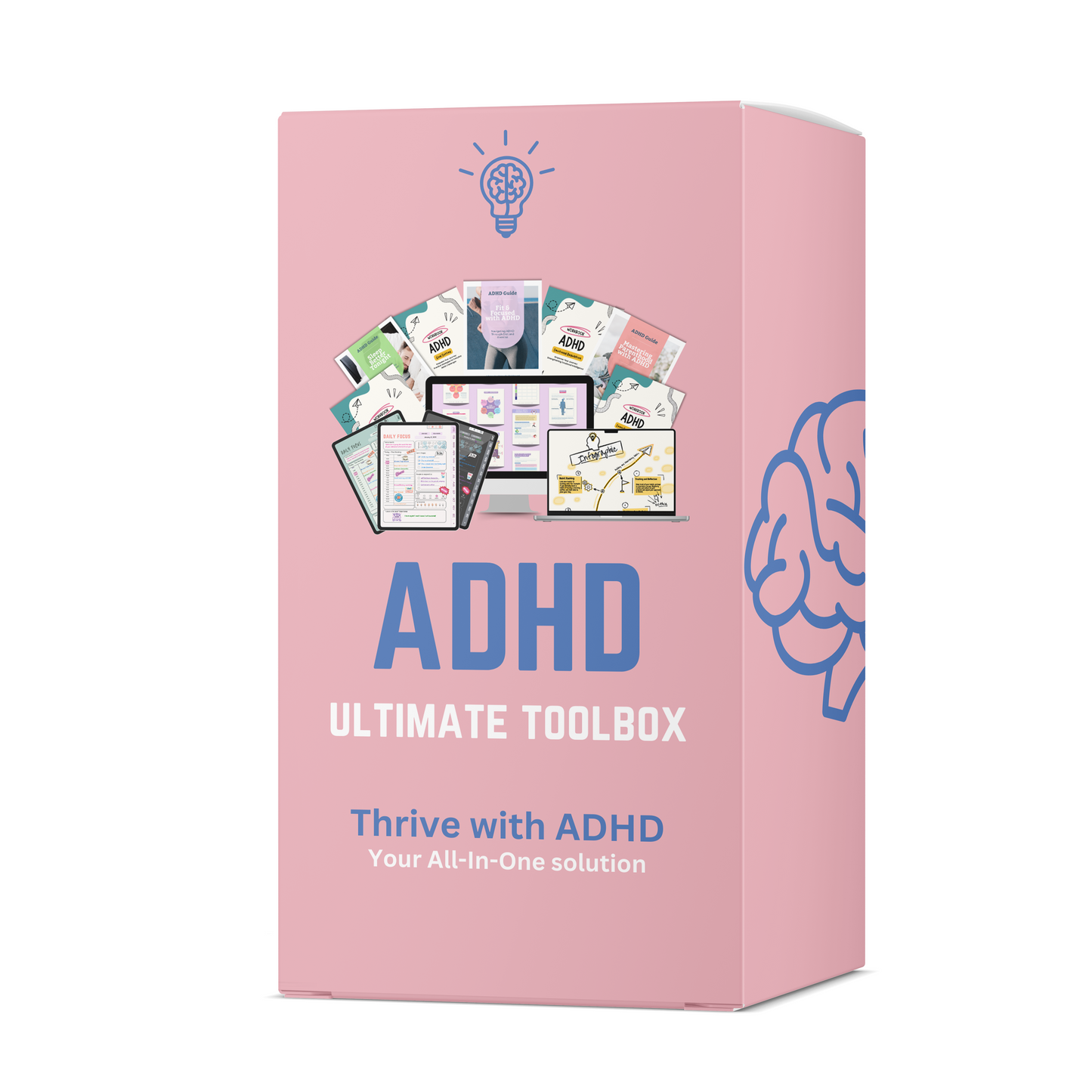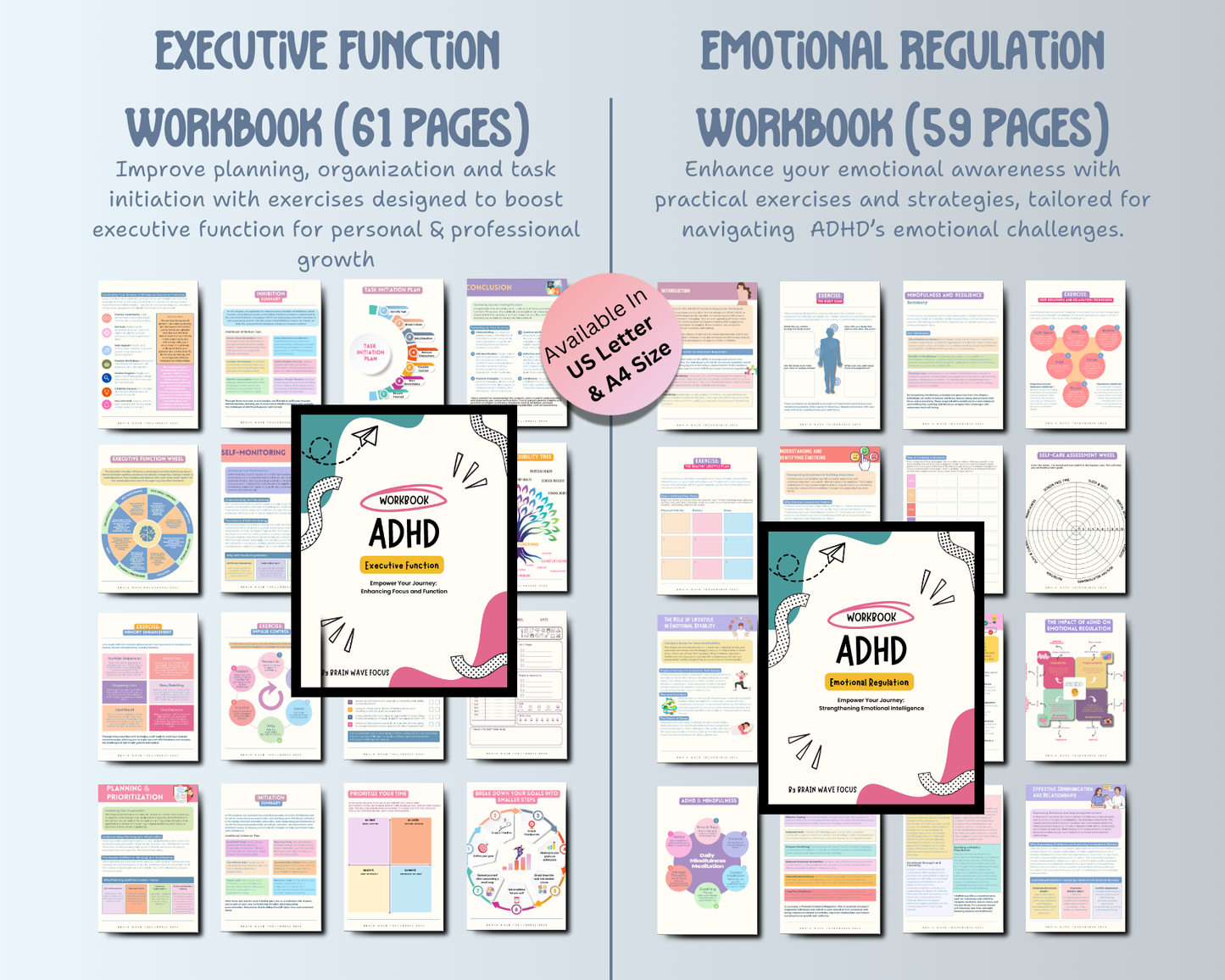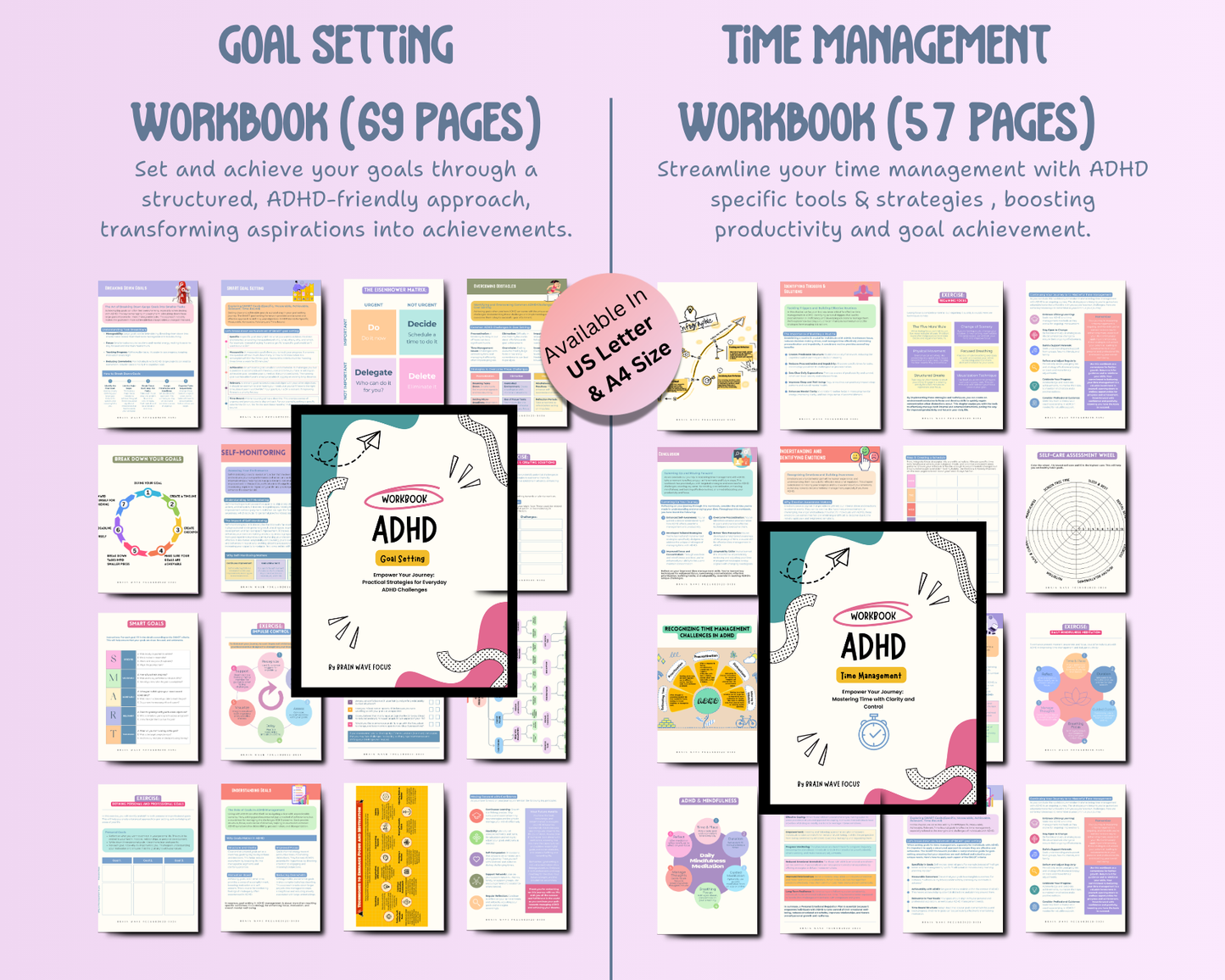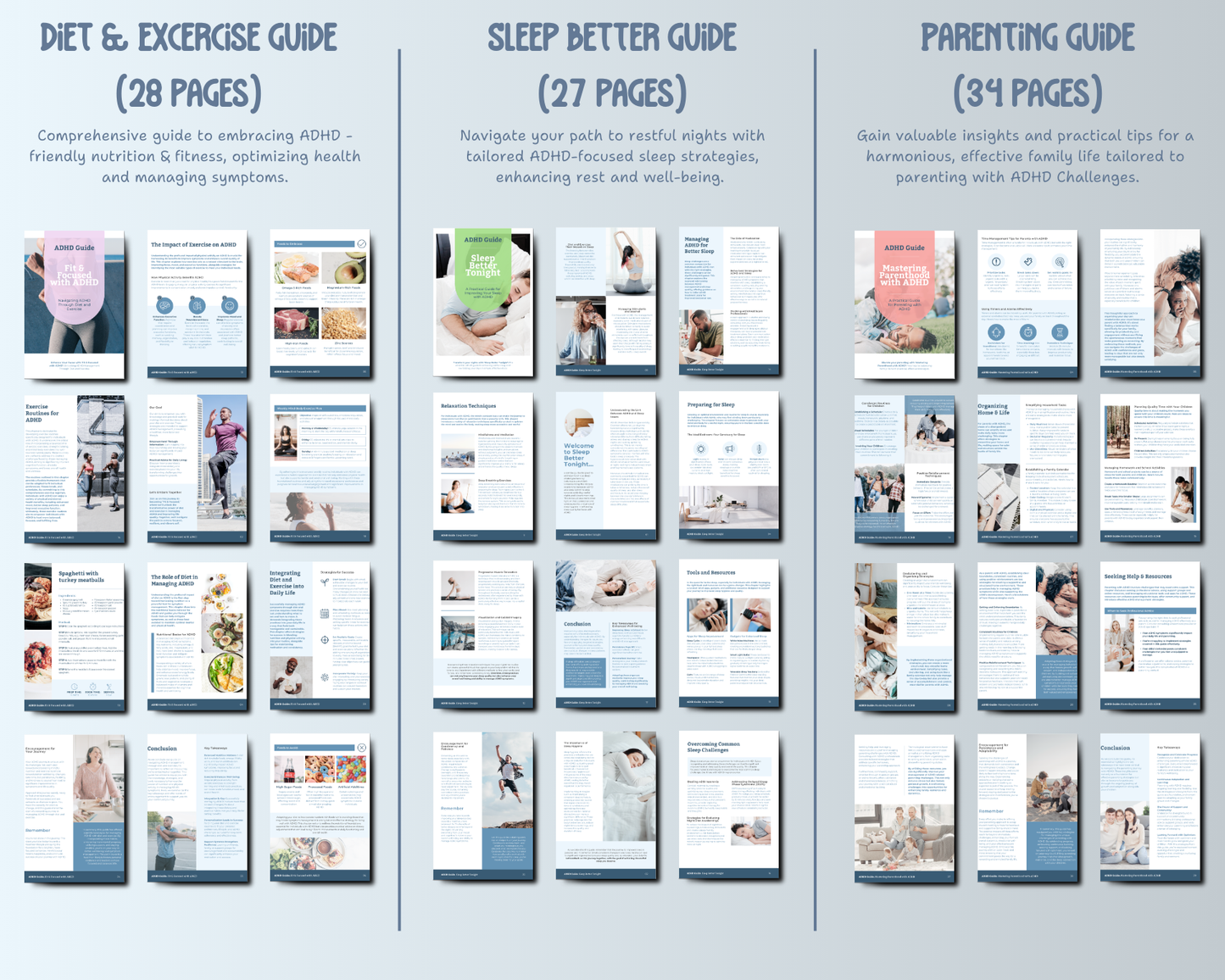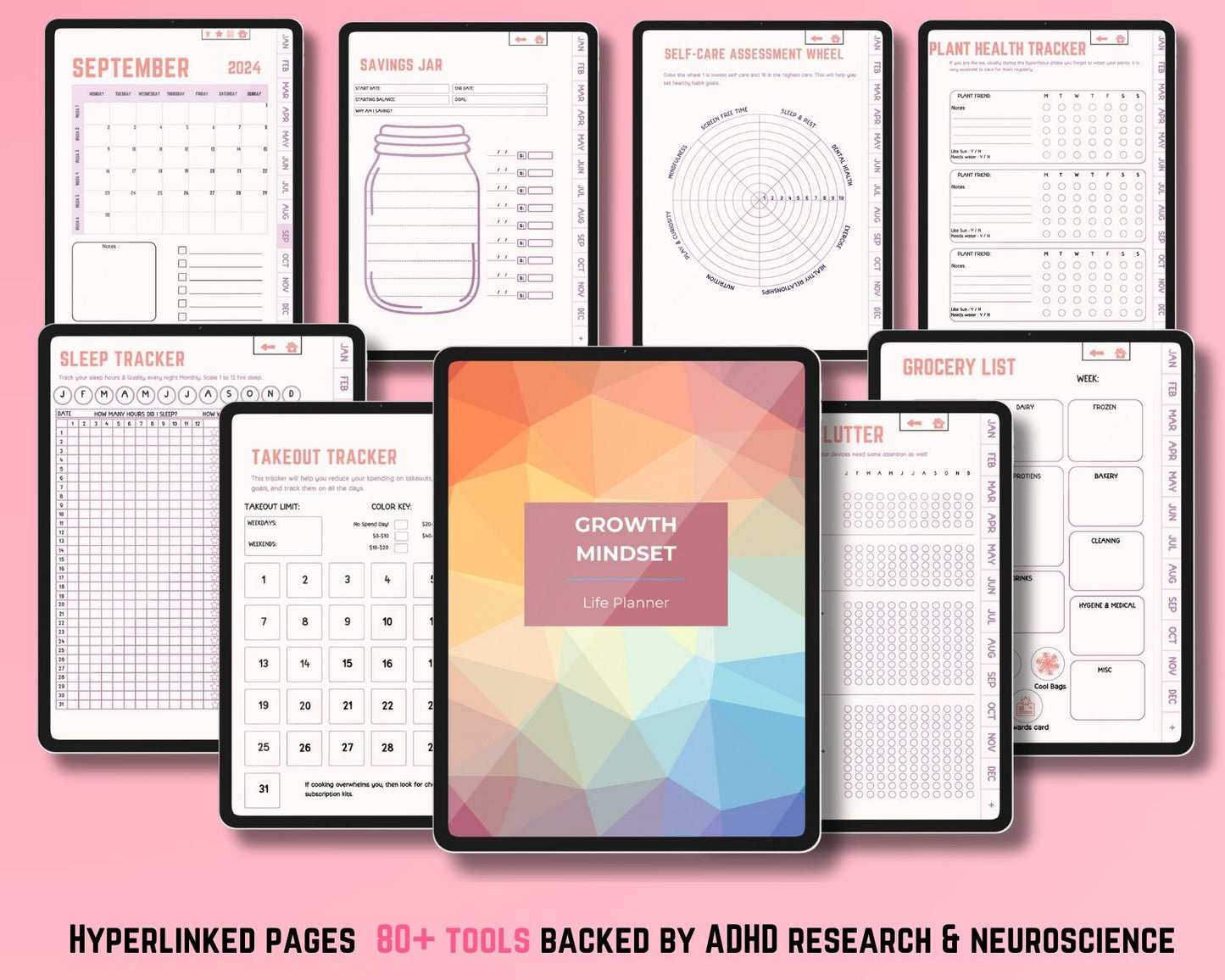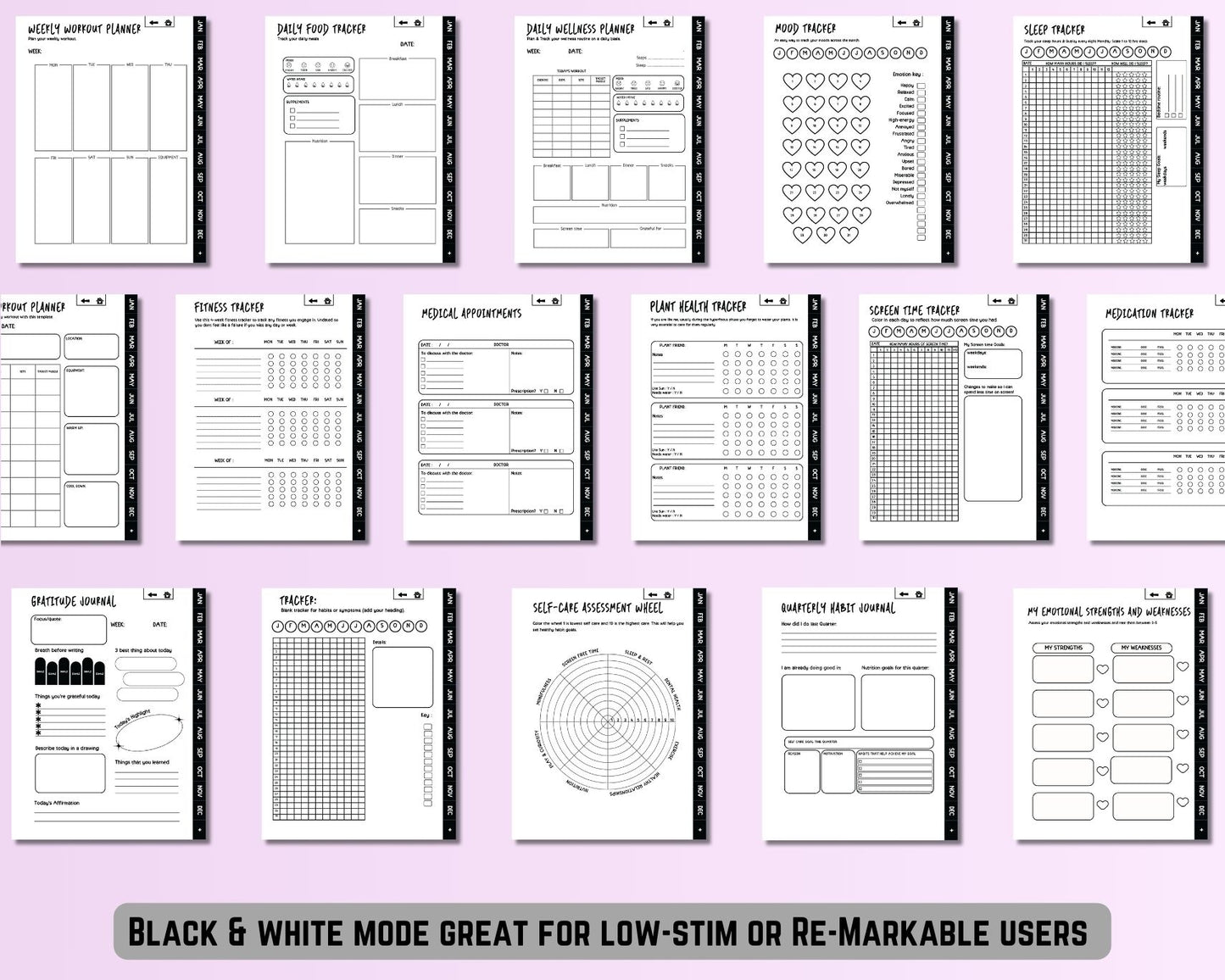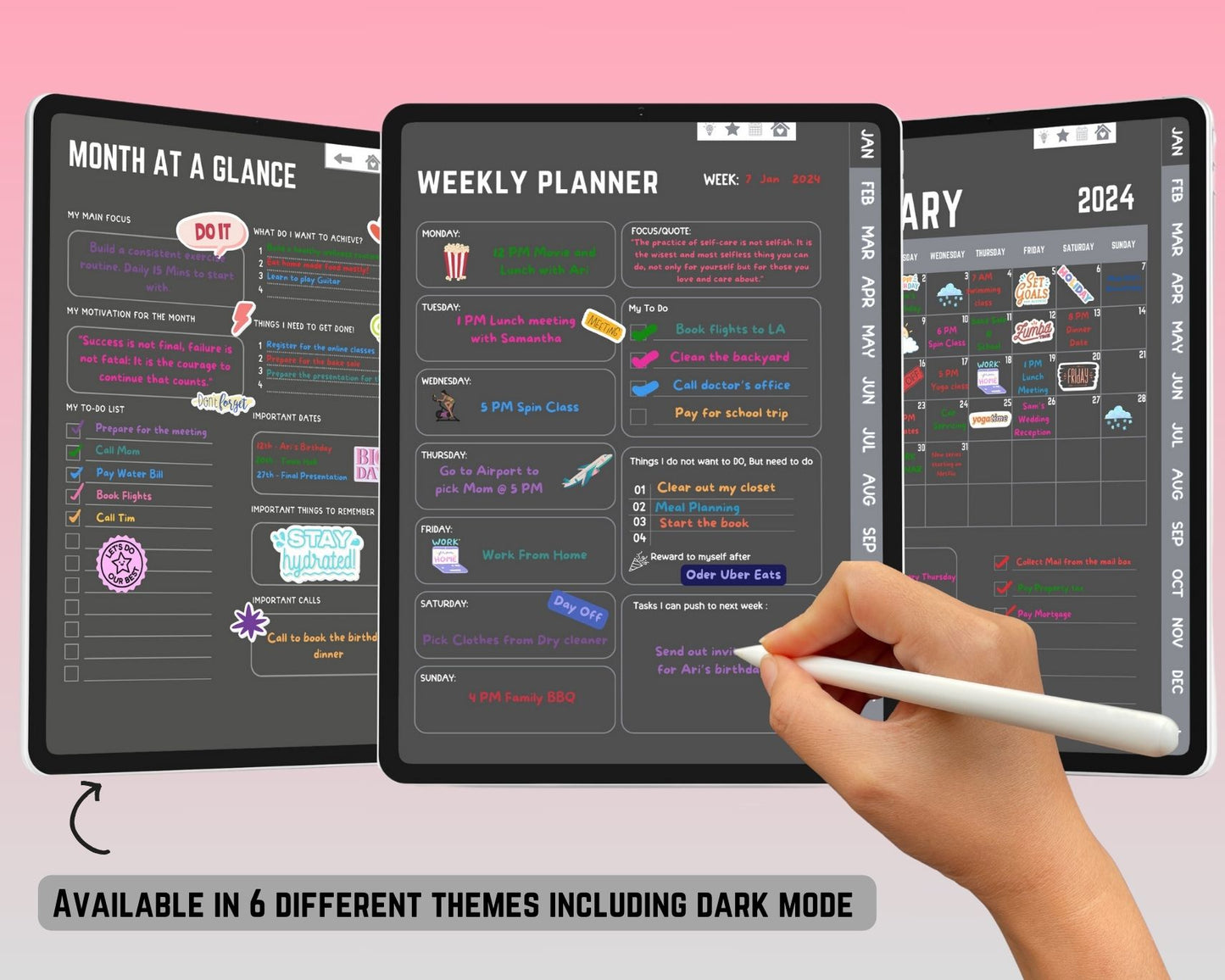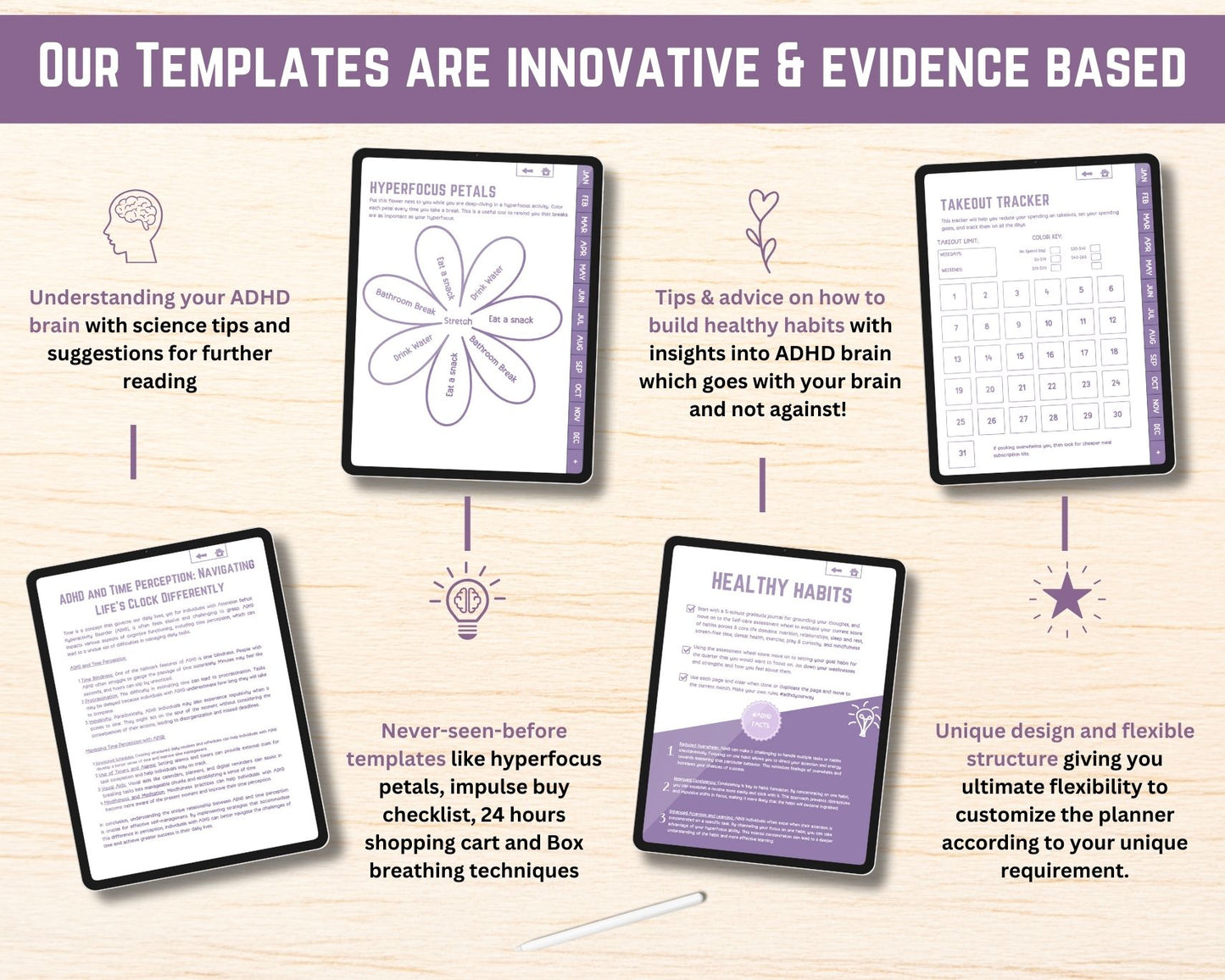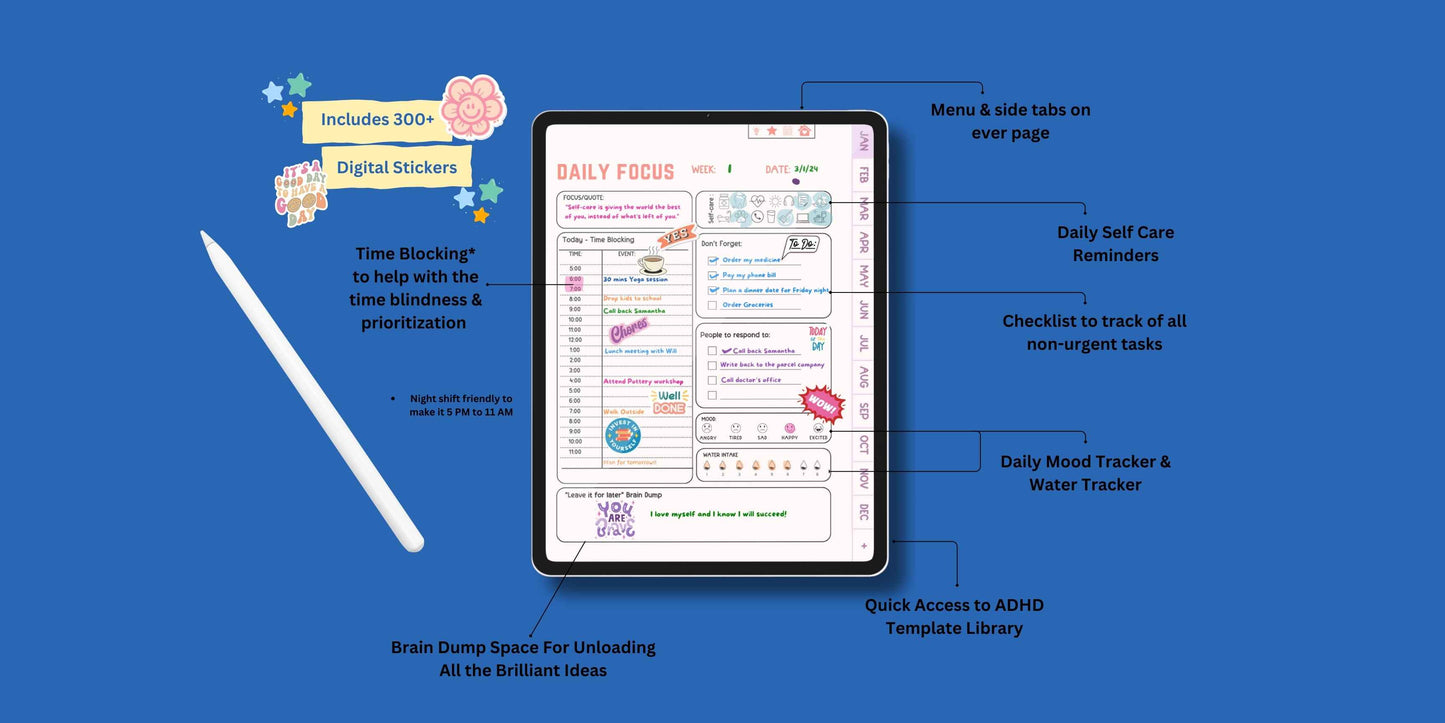Attention Deficit Hyperactivity Disorder (ADHD) is often associated with symptoms such as impulsivity, hyperactivity, and inattention. However, there's another aspect of ADHD that can significantly impact an individual's life: rejection sensitivity. In this blog, we'll explore what rejection sensitivity is, its connection to ADHD, and strategies for managing it effectively.
Understanding Rejection Sensitivity
Rejection sensitivity refers to an individual's heightened sensitivity to perceived rejection or criticism. It's not limited to romantic relationships but can affect various aspects of life, including friendships, family dynamics, and professional interactions.
The Connection Between ADHD and Rejection Sensitivity
While rejection sensitivity is not exclusive to ADHD, there's a notable overlap between the two. Several factors contribute to this connection:
- Impulsivity: Individuals with ADHD may act impulsively, saying or doing things without fully considering the consequences. This impulsivity can lead to misunderstandings and perceived rejection.
- Emotional Dysregulation: ADHD can be accompanied by emotional dysregulation, making it challenging to manage intense emotional responses when faced with criticism or rejection.
- Difficulty in Social Interactions: ADHD symptoms like inattention and distractibility can affect social skills, leading to misunderstandings or misinterpretations that trigger feelings of rejection.
The Impact of Rejection Sensitivity on Individuals with ADHD
Rejection sensitivity can have significant consequences for individuals with ADHD:
- Anxiety: Constant fear of rejection can lead to anxiety, making it challenging to engage in social or professional interactions.
- Low Self-Esteem: Frequent experiences of perceived rejection can erode self-esteem and self-worth.
- Avoidance: Some individuals may start avoiding situations, relationships, or opportunities to protect themselves from potential rejection, limiting personal and professional growth.
Strategies for Managing Rejection Sensitivity in ADHD
Managing rejection sensitivity is crucial for improving overall well-being and relationships. Here are some strategies that can help:
- Recognize and Acknowledge It:
- The first step in managing rejection sensitivity is recognizing it. Acknowledge that these feelings are valid but may not always reflect reality.
- Mindfulness and Emotional Regulation:
- Practicing mindfulness can help individuals with ADHD become more aware of their emotions and learn to regulate them effectively.
- Communication Skills:
- Improve communication skills, particularly in expressing your feelings and thoughts to others. Learning to assertively communicate can reduce misunderstandings.
- Seek Support:
- Consider therapy or counseling, especially cognitive-behavioral therapy (CBT), which can help individuals reframe negative thought patterns and develop coping strategies.
- Medication Management:
- Consult with a healthcare provider about medication options for managing ADHD symptoms. Effective ADHD management can indirectly reduce rejection sensitivity.
- Self-Care:
- Prioritize self-care activities that promote emotional well-being, such as exercise, relaxation techniques, and hobbies you enjoy.
Conclusion: Overcoming Rejection Sensitivity
Rejection sensitivity is a real and challenging aspect of ADHD that can affect personal and professional relationships. However, with awareness, self-compassion, and the implementation of effective strategies, individuals with ADHD can learn to manage rejection sensitivity and lead more fulfilling lives. Remember that seeking support from professionals and building a strong support network can make a significant difference in your journey toward overcoming rejection sensitivity.
